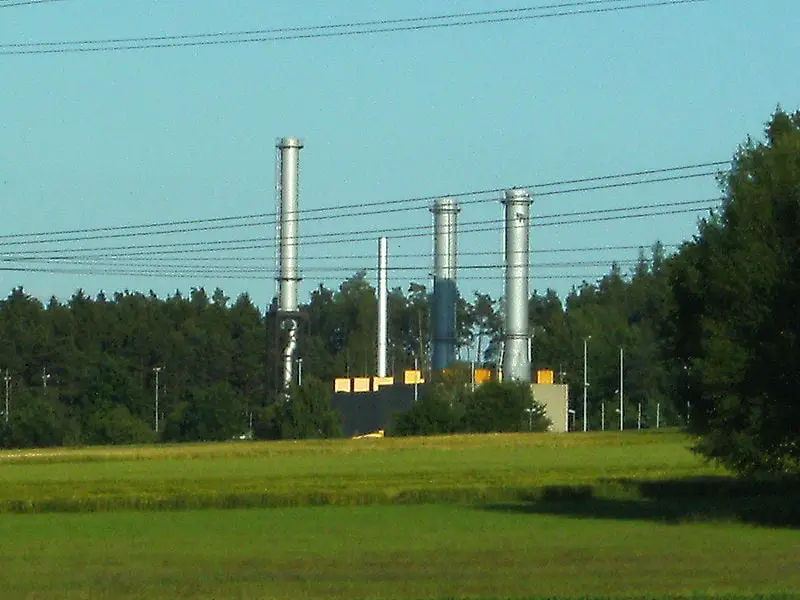
E.ON injects hydrogen fuel into Germany natural gas grid
June 19, 2013E.ON completes successful hydrogen fuel demonstration
E.ON, the world’s largest investor owned electric utility based in Europe, has completed a new power-to-gas demonstration in Falkenhagen, Germany. The demonstration was meant to show that hydrogen fuel could be injected into the existing natural gas grid of the German state. This demonstration is part of an overarching project that is represented by a power-to-gas facility. At this facility, hydrogen fuel is produced in order to be fed into the Falkenhagen natural gas infrastructure.
Facility uses Hydrogenics technology to produce fuel
The facility itself is equipped with electrolyzers from Hydrogenics, a leading developer of hydrogen production technologies. The facility draws electrical power from a nearby wind energy system. This electricity is used to power Hydrogenics’ electrolyzers and produce hydrogen fuel. The purpose of the facility is to serve as an adequate source of hydrogen fuel. This fuel will be used for numerous purposes once it is being regularly fed into the natural gas grid.
 Facility to produce massive amount of hydrogen fuel in the future
Facility to produce massive amount of hydrogen fuel in the future
During the demonstration of the facility’s technology, more than 160 cubic meters of hydrogen fuel was successfully injected into the natural gas grid within an hour. When the facility is fully operational in August of this year, it will be able to inject some 360 cubic meters of hydrogen fuel into the grid every hour for the foreseeable future.
Germany continues strong support for renewable energy
The natural gas infrastructure is largely used to generate the electric power that is used by Falkenhagen residents. Germany, as a whole, has become a strong advocate of renewable energy in general. The country is considered to be a leader in terms of solar energy, but it has begun to diversify its focus into other forms of clean power. Wind energy, especially that of the offshore variety, has begun receiving more attention, as well as hydrogen fuel cells. These energy systems have received some praise for their production capabilities and their reliable nature.



 With over 15 years of reporting hydrogen news, we are your premier source for the latest updates and insights in hydrogen and renewable energy.
With over 15 years of reporting hydrogen news, we are your premier source for the latest updates and insights in hydrogen and renewable energy.